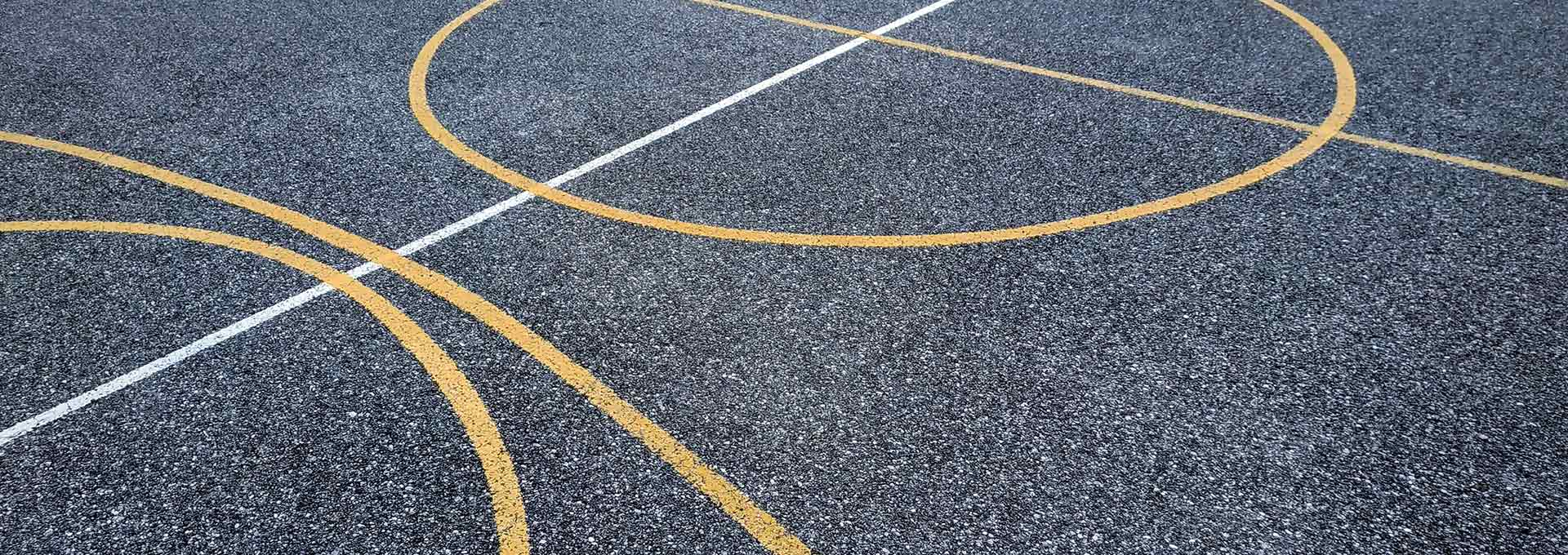
Resources
Seed Grant Awardee: Allison Ross
Allison Ross (video) | College of Health Solutions
For almost three decades, athletes, coaches, and researchers have been interested in ‘flow’ as an explanation of optimal performance in sport. Flow, or being ‘in the zone’, is a state where the mind and body are in harmony, negative thinking and doubt is absent, and functioning is enhanced. While we have a considerable understanding of flow among athletes and within competitive sport, we know less about how sport contributes to flow among the general public.
The experience of flow has been cited as the key to an excellent life; and as a precursor to intrinsic (or autotelic) enjoyment, flow is an important yet understudied pathway to positive sport experiences for all. Flow is a delicate state involving the perfect mix of challenge and perceived skill. When immersed in a situation that presents an optimal amount of challenge, an individual has the potential to use his/her skills to the meet the challenge and enter into a blissful state. Sport, as a source of structured challenges, tasks, and goals, offers optimal conditions to attain a flow state. Incorporating sport into exercise programs may be an effective strategy to contribute to the subjective experience of participants, and may promote exercise adherence as athletes in flow feel energized and cannot wait to do the activity again. The purpose of this research is to explore how a sport intervention in a bootcamp setting can promote the transcending quality of flow.
To measure the effect of the sport intervention on flow in real time, the research team will develop an app in conjunction with the Happiness Research Organization, an international association of experts who develop well-being apps for practical and research purposes, using an ecological momentary assessment (EMA) technique that allows participants to record instantaneous perceptions of challenge and skill level. Approximately 30 adults enrolled in a bootcamp exercise program will be recruited to participate in a one-month intervention. Participants will engage in typical bootcamp programming focused on strengthening upper body, lower body, core, and cardiovascular endurance, and then record their perceptions after each activity using smartwatches or smartphones. Throughout the month, activities will be adapted intermittently include sport-focused interventions (e.g., the addition of a picture of a mountain hike to promote imagery to a squat station, or the task of sliding an object into a goal while holding a plank). These interventions will be blinded to participants to allow the researchers to compare flow states based on traditional versus sport-focused activities.
Last Updated February 2020.